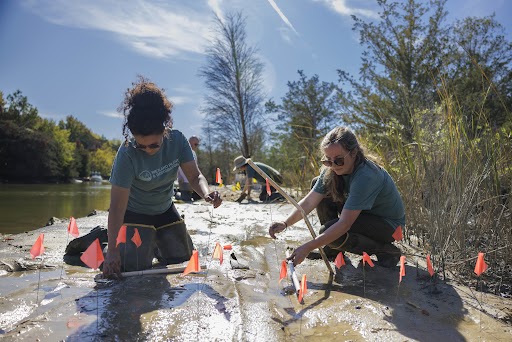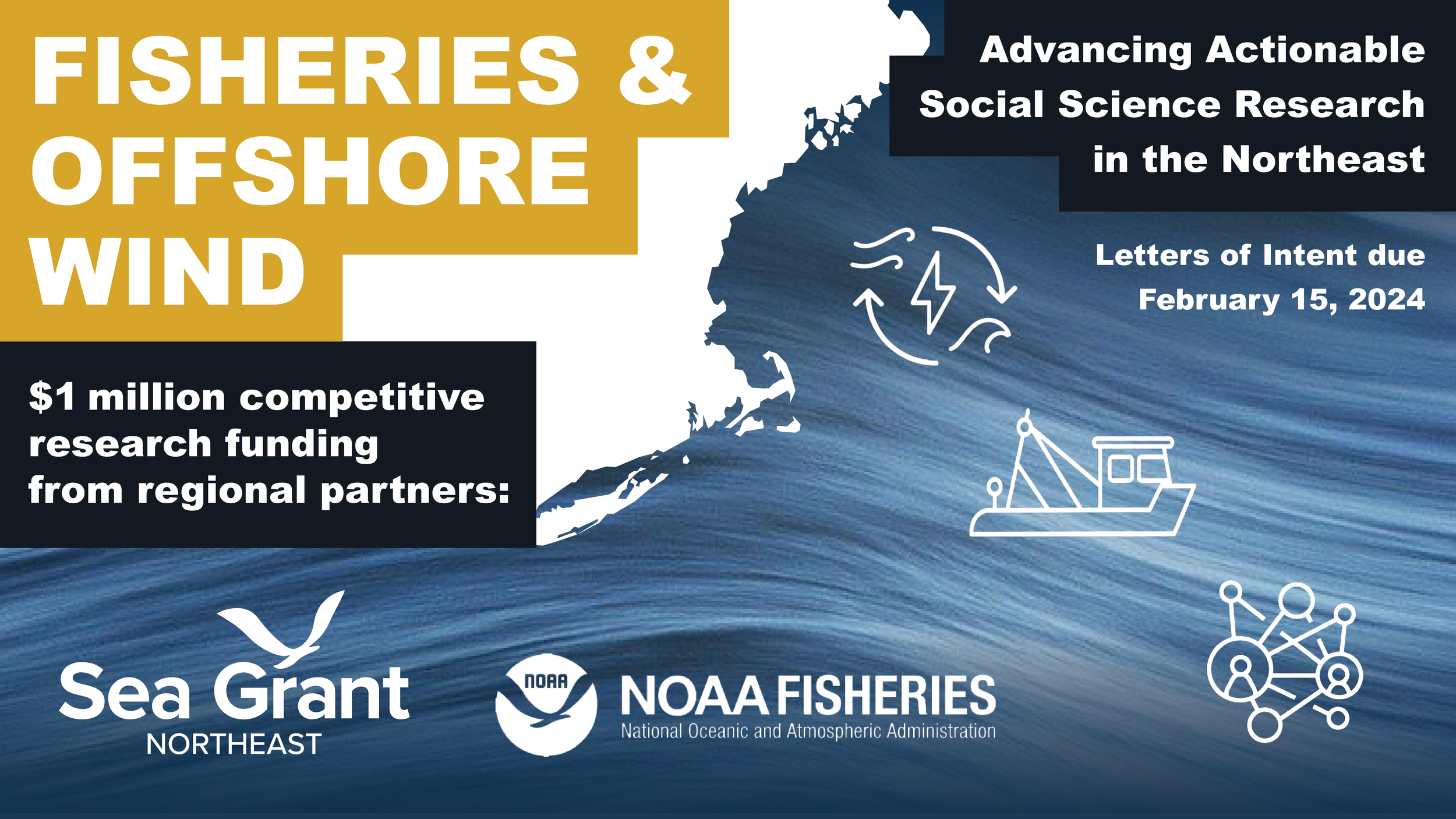How do people prepare for hurricanes before the season begins? When a hurricane is looming, how do people receive warning, decide to take action, and prepare for the storm? As part of the National Weather Service’s Hurricane Preparedness Week, Sea Grant programs have been highlighting their work that aims to answer these questions. Resources developed by Sea Grant and partners can help communities and individuals prepare for storms well before hurricane season even approaches as well as when a storm is approaching.
For coastal residents, hurricane preparation starts with building a wind- and water-resistant home well before hurricane season begins. However, constructing a house to withstand both of these forces requires careful planning and forethought. According to recent research funded by Connecticut Sea Grant, protecting a house from flood waters by elevating it may make the building more vulnerable to wind damage if the roof has not also been retrofitted for high winds.
Roof modifications that can withstand hurricanes are also a focus of North Carolina Sea Grant’s partnership with Cape Fear Habitat for Humanity to build homes that are fortified against wind and rain. The measures they are taking are simple and cost-effective, and may lower insurance rates according to North Carolina Sea Grant’s coastal construction and erosion specialist.
Once a hurricane season begins and home construction is no longer an option, the safety of communities often depends on receiving a hurricane warning so they can evacuate or gather supplies and “batten down the hatches.” Unfortunately, despite the National Weather Service’s advanced hurricane warning system, many people fail to evacuate or prepare properly.
A study funded through the Sea Grant Coastal Storm Awareness Program found that the fault may be in the way hurricane warnings are communicated: people are more likely to listen to local experts, friends and family, and make judgements based on the behavior of their community. A Wisconsin Sea Grant and National Weather Service partnership is exploring how the methods of communicating severe weather warnings, such as hurricane warnings, could help explain why people who are economically disadvantaged are disproportionately impacted by severe weather.
Once warnings have been received, adequate preparation and sometimes evacuation, are necessary for hurricane safety and resiliency. Consider participating in Hurricane Preparedness Week by making a plan for action now. Start by exploring resources offered by the National Weather Service and by many Sea Grant programs to help communities prepare for hurricane season, such as evacuation maps, homeowner’s handbooks, and other preparedness resources. Follow the tips provided by the National Weather Service’s Weather Ready Nation program.
Hurricane Preparedness Week is part of the National Weather Service’s initiative called Weather Ready Nation. NOAA Sea Grant and many Sea Grant programs are Weather Ready Nation Ambassadors.


